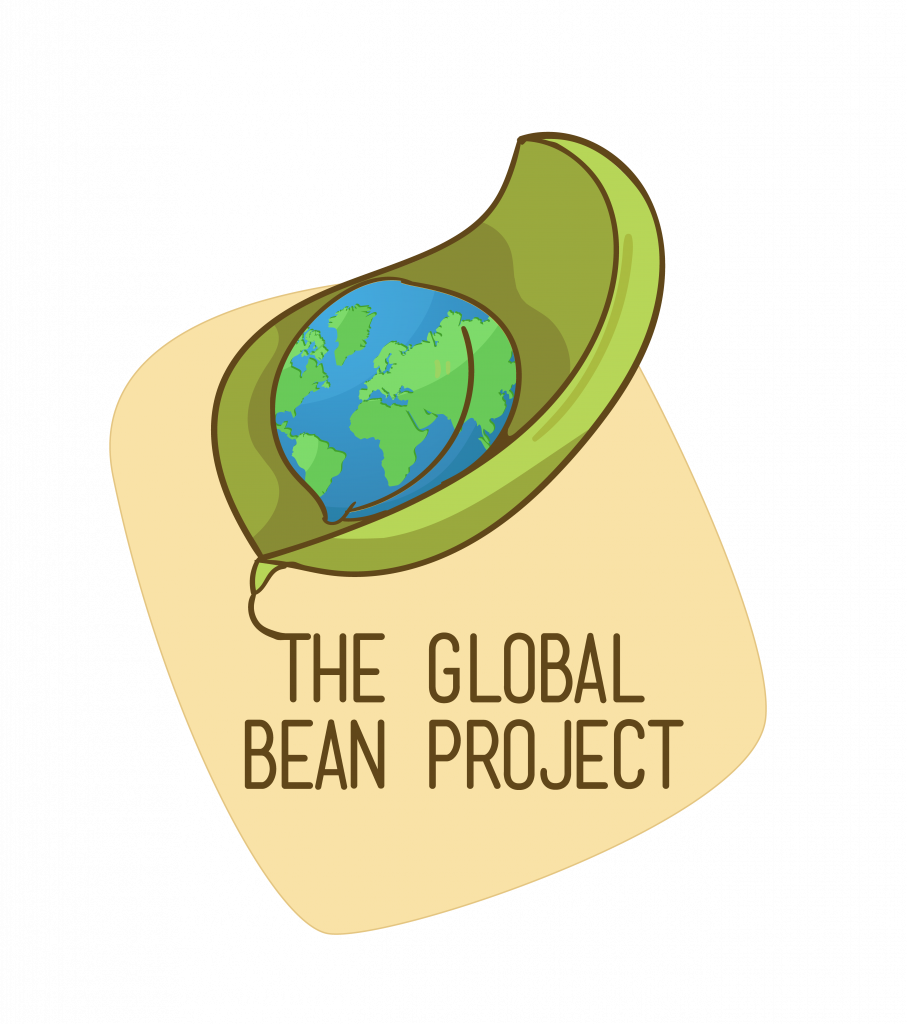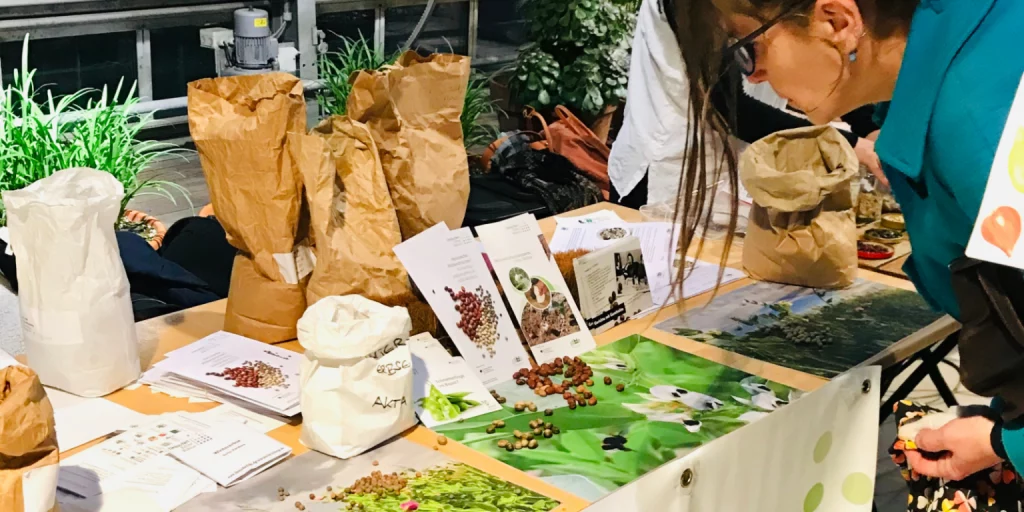On Wednesday, March 2, the Global Bean Club invites you to an international online seed festival. How and where do seed friends all over Europe exchange their beans, lentils, peas and other legumes? What is needed for your own seed conservation? Who won the Bean Beauty Contest? And of course you can seek, offer and exchange seeds yourself.


In search of the right variety … Clich here to go to the Global Bean Seed Festival.
Exchanging seeds and telling stories about them is probably among the oldest springtime rituals ever since humans started farming. This is somewhat different from modern day online and offline catalogue browsing or garden-center shopping of mostly industrial F1 hybrids. Over the past years, the renaissance of local seed exchanges and festivals all across Europe has been severely hit by COVID – but they are dormant seeds, ready to re-emerge as soon as sun and rain allow.
The Global Bean Project
The global bean club is a joint project of more than 40 partners from 15 countries, who have a lot planned for the next two years: Show gardens (our world field is one of many), leaflets, a European seed festival (on March 2!), an online library, cooking shows and once a month a lecture about beans, lentils, peas and many other leguminous plants.
Growing them locally has enormous advantages: On domestic fields, they would be a real alternative to genetically engineered soy imports from burned down rainforests, first as the better animal feed, but better still as a healthier alternative to the meat that is “manufactured” from it in animal factories. At the same time, legumes fertilize the soil by their symbiosis with nodule bacteria and thus replace the climate killer of artificial mineral fertilizer. Pulses improve soil fertility and diversity and also promote biodiversity above ground. So why aren’t there many more legumes in Europe’s fields and in our gardens? Because they are not profitable? Because we have forgotten how to cook all their delicious varieties?

